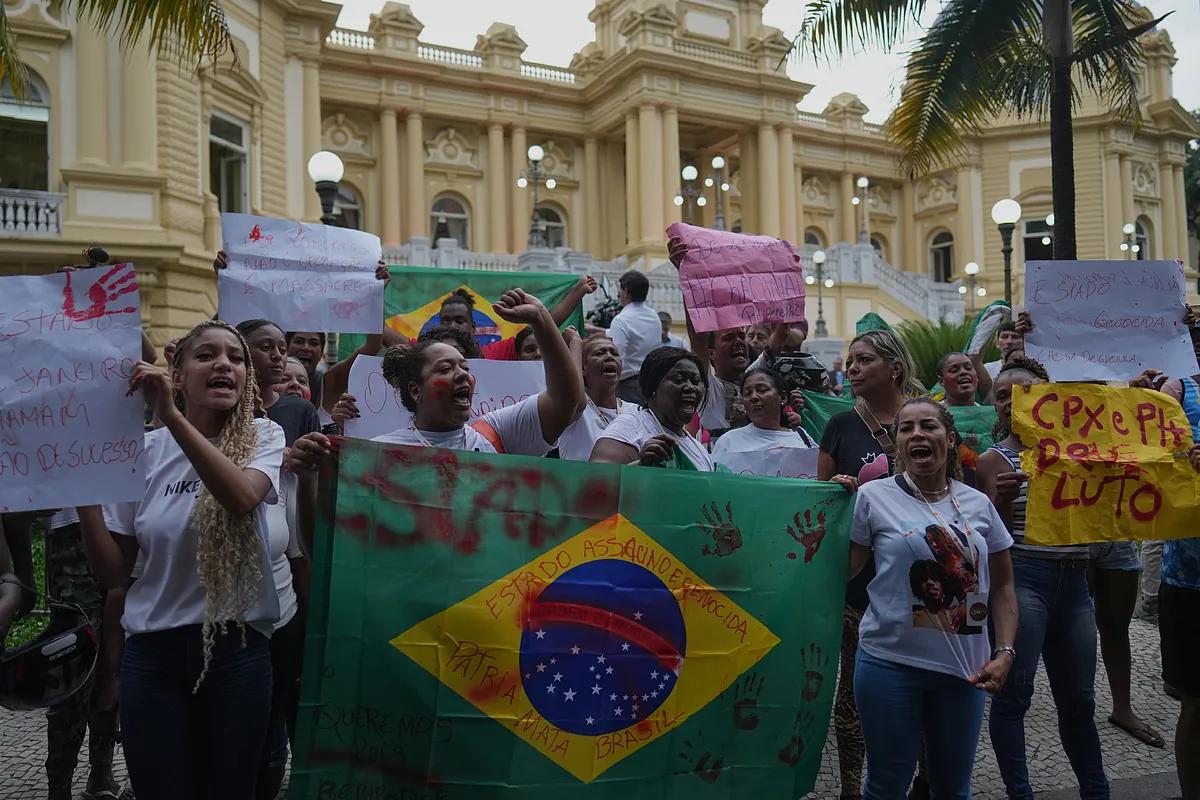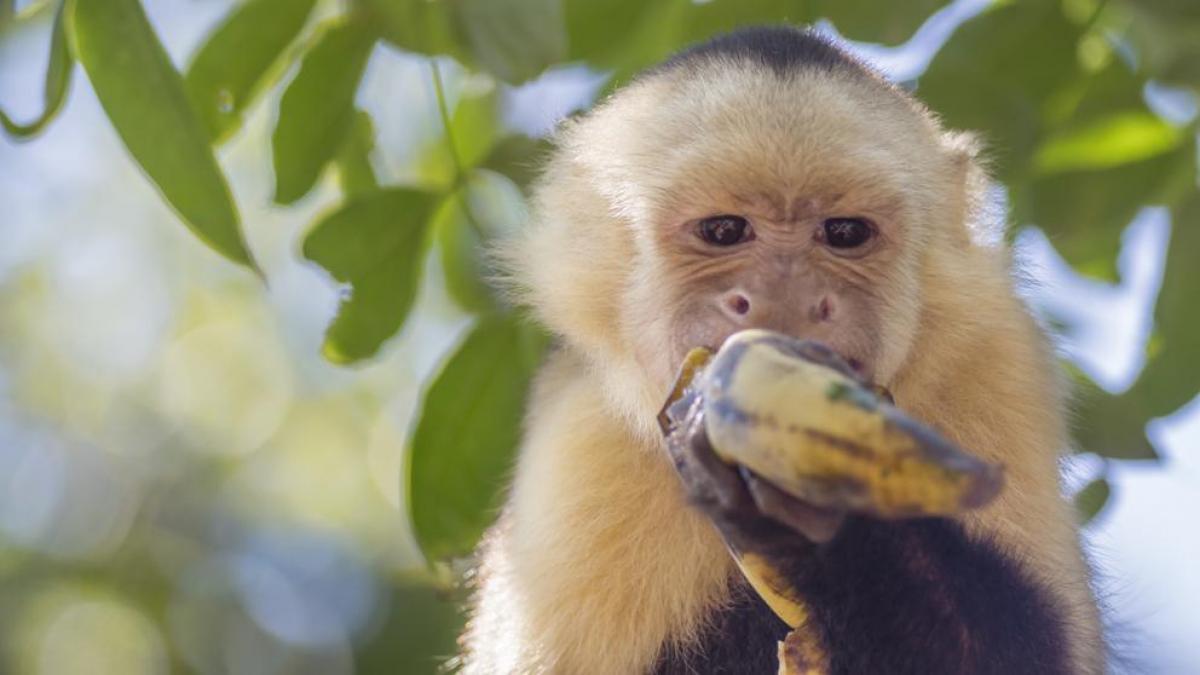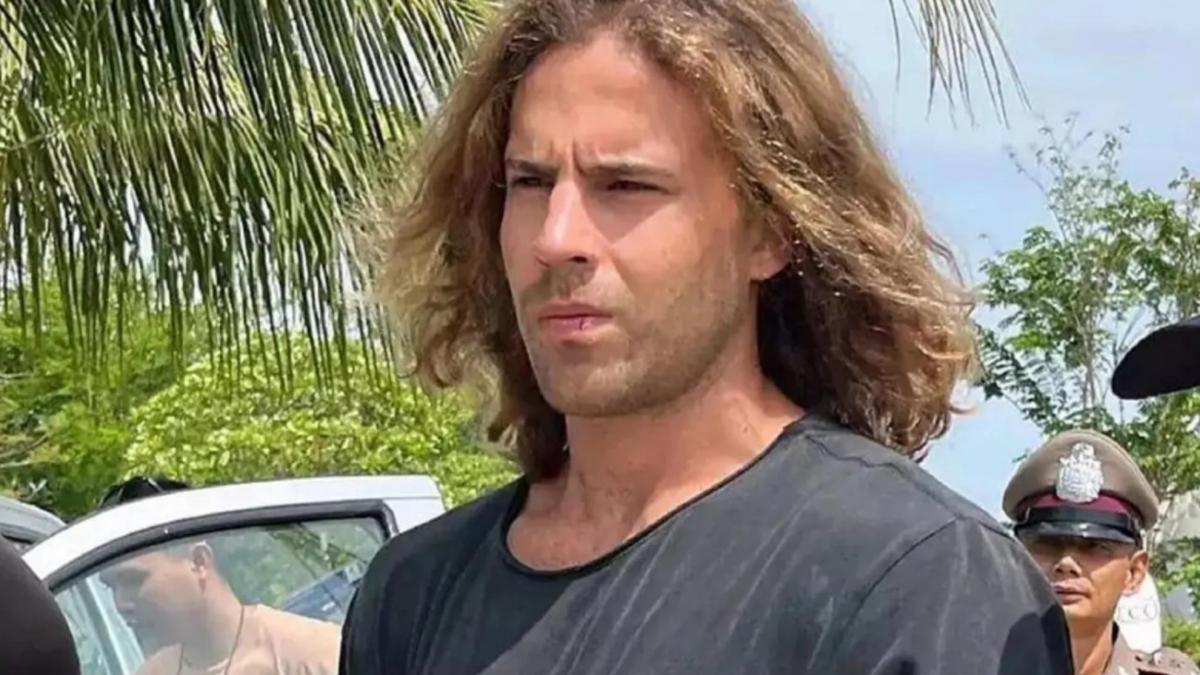In 2009, Brazilian funk singer MC Orella dedicated a song to one of Brazil's most powerful criminal organizations.In it, he describes how leadership works...
Brazilian funk singer MC Orelha dedicated a song to one of Brazil's most powerful criminal organizations in 2009.In it he described how the Red Command works: "There are only bombers in the Gaza Strip, all or nothing in the war. Lots of titanium weapons, a bulletproof vest on the chest."Combining references to conflicts in the Middle East and violence in the slums, the singer's verses epitomize the reality of urban warfare that continues to celebrate life in Rio de Janeiro more than a decade later.
On Tuesday, a police operation against the Red Command claimed the lives of nearly 150 civilians and four police officers, along with dozens of arrests and an arsenal of weapons.Operation Containment, which has mobilized more than 2,500 officers, has once again turned the precincts of Alemao and Penha into an urban battlefield, blocking streets and diverting streets and diverting schools.
When did this organization emerge?
The Vermelho Command (CV) is a Brazilian criminal organization that originated in Rio de Janeiro's prison system in the 1970s. It is considered one of the oldest and most powerful factions in the country and operates mainly in drug trafficking, arms and other illegal activities.Unlike a group with centralized leadership, the CV operates as a decentralized network made up of various donos do morro - the local leaders - who control territories within the favelas.
Its structure consists of several hierarchical levels.Fronts are in charge of drug sales centers, managers manage finances, and soldiers and steamrollers carry out orders on the streets of Rio.The organization is financed through drug trafficking, extortion, parallel operations such as the popular Jogo do Bicho illegal lottery, and assistance in money laundering.The awarded portion strengthens their social control over communities where the state has little or no presence.
In parallel, the Red Command maintains its own justice system, known as the Crime Court, where members who do not adhere to internal regulations and people accused of crimes - from internal conflicts to complaints made by the community - are tried and punished outside the legal framework of the state.This system involves hearings where witnesses are heard and sentences are pronounced which can lead to execution with its own coercive and punitive mechanisms.
origin
The Red Command emerged in the late 1970s at the Candido Mendez prison on the island of Ilha Grande with the mission of "peace, justice and freedom".The prison, known as ILH Grade or Caldarón for Holders, is known for conflict, lack of food, hot conditions, and summer temperatures.
During the Brazilian military dictatorship, when the regime decided to mix political prisoners with ordinary criminals in order to politicize the militants, this action had the opposite effect, and the political prisoners taught the criminals to organize and resist them.
William da Silva Lima, known as Professor and one of the founders of CV, described in his book 400 Contra Uno that in prison "the only thing left is to prepare or die."From this idea arose Vermelha Falang, which later became Comando Vermelho, meaning the blood shed in prison.
Over the next decade, with the expansion of the cocaine trade, drug trafficking CV became the main source of income.Favelas in the northern region of Rio - Alemão, Penha, Jacarezinho - a decentralized model was structured in which each person in charge controlled their territory independently, managing points of sale, finances and weapons.
Field of influence
The Red Commando currently controls more than 50% of the areas dominated by criminal factions in the metropolitan area of Rio de Janeiro, but its influence has extended far beyond.It is present in at least 25 Brazilian states, with particular strength in the northern and northeastern regions.There, it operates through franchise networks where local leaders handle the drug and arms trade, and disputes strategic routes in the Amazon with other organizations such as the Primeiro Comando da Capital (PCC) in São Paulo.
At the international level, the Power Rewards made drug companies in neighboring countries - especially Colombia and Bolivia - markets outside the slavery of the maintenance of criminals.








